SUMMARY
This is AI generated summarization, which may have errors. For context, always refer to the full article.
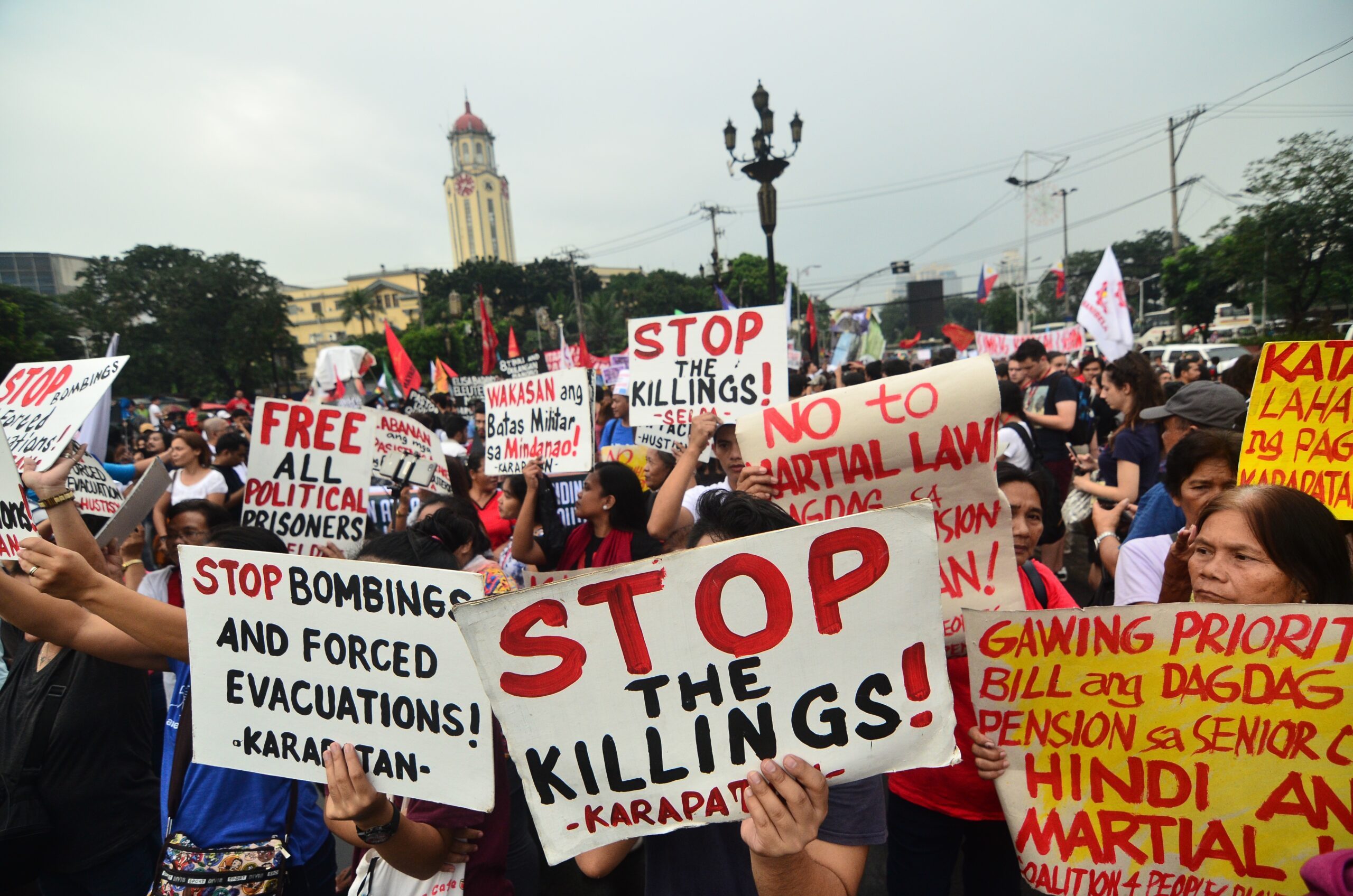
MANILA, Philippines – Only about two years into his term, President Rodrigo Duterte’s human rights record has already surpassed that of the Marcos regime’s, youth activists claimed on December 10, International Human Rights Day.
“From what we see today, it is worse than Marcosian dictatorship, and can even be as equally deadly as Hitler’s holocaust,” Kabataan said in a statement on Sunday.
The youth group particularly cited these rights violations allegedly committed by the Duterte administration:
- 13,000 drug-related deaths
- 113 politically-related extrajudicial killings
- 22 politically-motivated frustrated extrajudicial killings
- 256 illegal arrests and detention
- 426,170 victims of forced evacuation
- 364,617 victims of indiscriminate firing and bombing
During martial law under the Marcos regime, about 70,000 people were detained, at least 34,000 were tortured, and 3,240 were killed, according to Amnesty International (AI). (READ: Worse than death: Torture methods during martial law)
Kabataan joined other militant groups during the nationwide protests on Sunday to call on the Filipino youth to hold the president accountable and “fight tyranny” in the country. (READ: On Human Rights Day, PH says it upholds ‘due process for state agents’)
Death of human rights in PH
The youth activists lamented the decline of human rights in the country as the Duterte administration pursues its wars on drugs and terrorism.
“While we mourn the death of our loved ones and friends, while we mourn the impending death of human rights itself, we also challenge everyone – ourselves and the youth, most especially – to stand against Duterte’s dictatorship,” Kabataan said.
Meanwhile, the National Union of Students of the Philippines (NUSP) denounced the reported harassment and death threats received by student leaders and activists. The student group said that this is part of the “government’s attempt to crack down critics and those who are calling for human rights.”
Student leaders from the University of the Philippines (UP), University of Santo Tomas (UST), and Polytechnic University of the Philippines (PUP) have recently received death threats through text messages.
“The tone of the messages does not vary: same pattern of red-tagging and warnings that they will be killed anytime if they do not stop calling for justice,” NUSP spokesperson Mark Vincent Lim said.
On November 28, 15 alleged members of the New Peoples Army (NPA) were killed in two separate encounters with government troops in Nasugbu town in Batangas. One of them is Jo Lapira, a former student from UP Manila.
“It is clear that even while laws exist to lay the foundation of our rights and freedoms, they are not safeguards that will completely protect the people from state-perpetrated violence. Laws do not ensure the protection of our rights; continuous struggle does,” Kabataan said.
The United Nations adopted the Universal Declaration of Human Rights on December 10, 1948 responding to the massive human rights violations perpetrated by states before and during World War II. The Philippines, as a signatory to this declaration, has the obligation to respect the universal and fundamental rights and freedom. – Rappler.com
Add a comment
How does this make you feel?




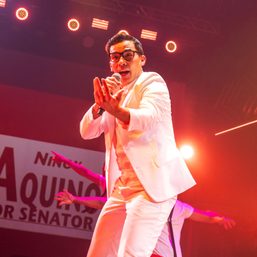
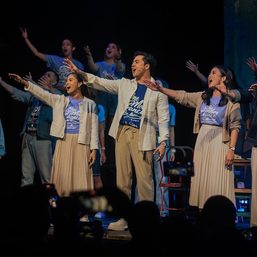
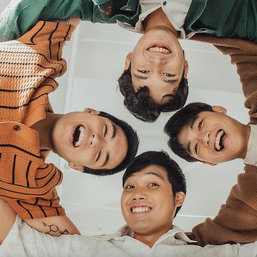

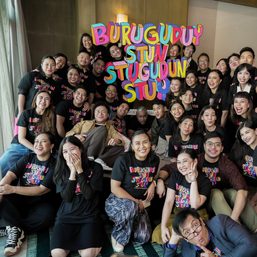




![[Ilonggo Notes] The foremost Filipino engraver, sadly unremembered, needs to be given his due](https://www.rappler.com/tachyon/2024/03/Figueroa-.jpg?resize=257%2C257&crop=265px%2C0px%2C720px%2C720px)
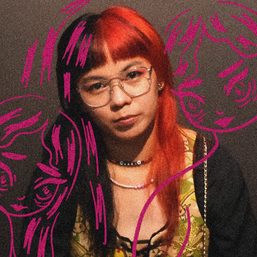
There are no comments yet. Add your comment to start the conversation.